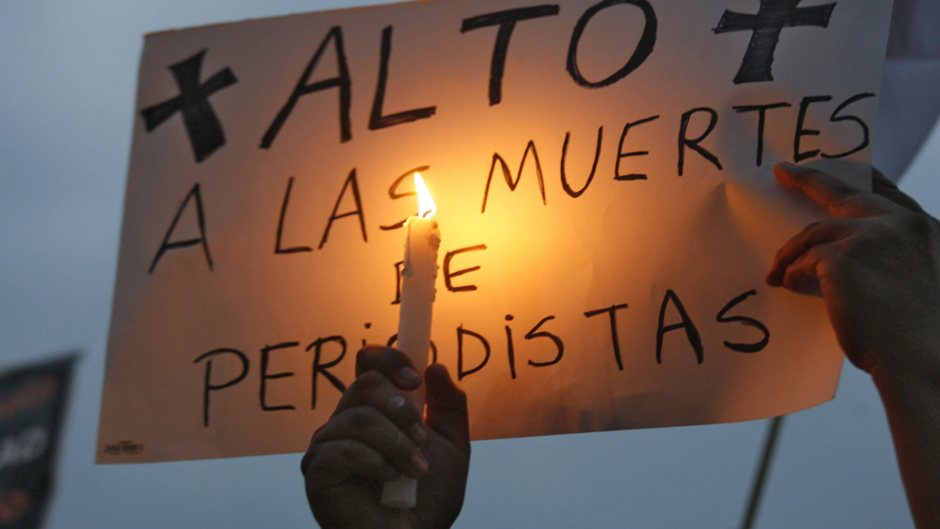Verbal targeting by presidents. Online harassment, especially of women. Low pay and sometimes economic hardship. And in some countries, danger. Why would anyone want to be a journalist in Latin America, or even the U.S., these days?
Understanding how journalists’ view their profession, what challenges they face on the job, and what contributions they make to their societies are the goals of the third round of the groundbreaking multi-country study, called The Worlds of Journalism Study.
Members of the network, all journalism researchers at universities around the globe, survey working journalists using a comparative methodology at a time of intense transformation in both journalism and politics.
Academics working in 16 Latin American and Caribbean countries will gather at the University of Miami Institute for Advanced Study of the Americas on May 22 and May 23 to plan the third round of the study. In the second round, more than 27,000 journalists in 67 countries were surveyed.
Despite the growing challenges and profound transformations in journalism and public communication globally, journalism continues to be a vitally important profession that attracts committed professionals.
“With the exception of star television journalists, high pay is not what could attract someone to journalism,” said Sallie Hughes, associate professor in the School of Communication’s Department of Journalism and Media Management.
“It’s a vocation,” added Hughes, who is also faculty director at the institute. “Journalists can monitor powerful actors and denounce abuses, as well as construct compelling narratives about people who otherwise would be forgotten by society’s mainstream.”
The results of the second round of study were published throughout the world, in peer-reviewed journals, university presses and policy-focused reports, as well as shared with journalists and journalism associations in numerous presentations.
As the researchers plan for the third round of study, the Latin American and Caribbean regional teams are convening for their first regional meeting. The goal is to determine regional priorities to be included in the global study questionnaire, as well as plan comparative publications that highlight issues uniquely important in the region.
Hughes and Jyotika Ramaprasad, professor in the School of Communication, are world region coordinators in the global network—Hughes for Latin America and the Caribbean, and Ramaprasad for central Asia where she collected data in India and Botswana for the last study.
Hughes co-lead the Mexico team in the second round of the study and recently helped to form a network of researchers from 11 Mexican and U.S. universities to undertake the third round of the study in that country next year. Mexico is one of the most dangerous places in the world for journalists, which complicates survey research there, Hughes said. The university professors are all experts in this sort of research, making numerous contributions to the growing academic literature on journalism and risk.
At the Miami meeting, leaders of the research teams from Argentina, Uruguay, Bolivia, Brazil, Paraguay, Chile, Peru, Ecuador, Colombia, Venezuela, Costa Rica, Guatemala, El Salvador, Mexico, Cuba and Puerto Rico will attend.
Hughes says the study, which will take about three years to complete and publish, has gained prestige worldwide because of its methodological rigor and theoretical insights.
Worlds of Journalism: Journalistic Cultures Around the Globe, the main academic book published from the second round of the study, will be available in June from Columbia University Press. Ramaprasad was an editor and Hughes was co-author of two chapters.
The regional workshop is being co-sponsored by the School of Communication’s Knight Chair in Visual Journalism, Alberto Cairo, who is working with the Google News Initiative to visualize the results of the second round for worldwide dissemination.
“By helping to catalyze the regional network, the meeting exemplifies UM’s role as a hemispheric university and UMIA’s role for convening and showcasing high-level research on vitally important issues for the Americas and the globe,” Hughes said.

